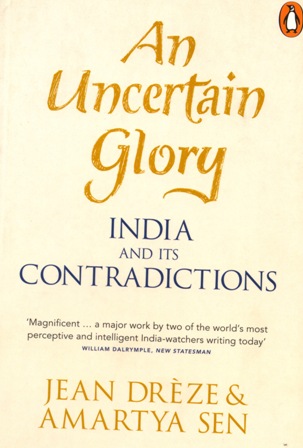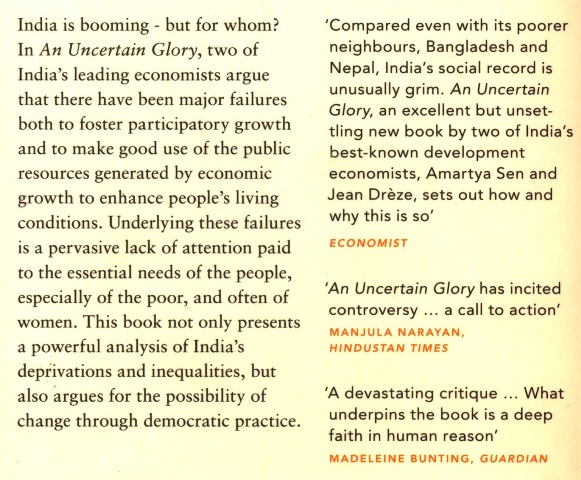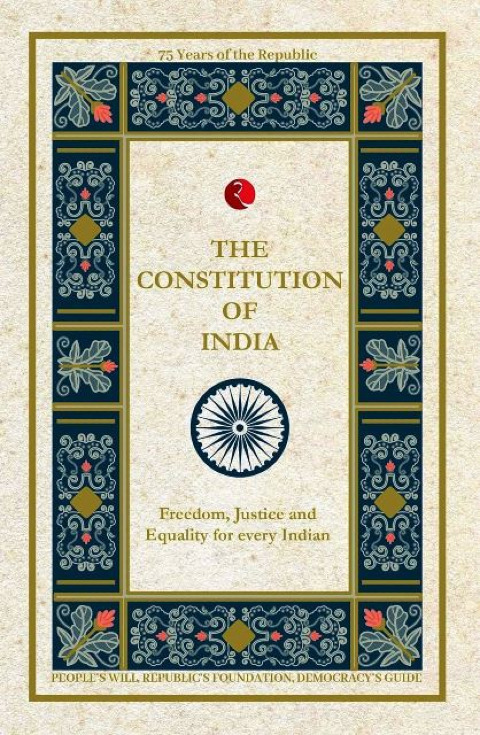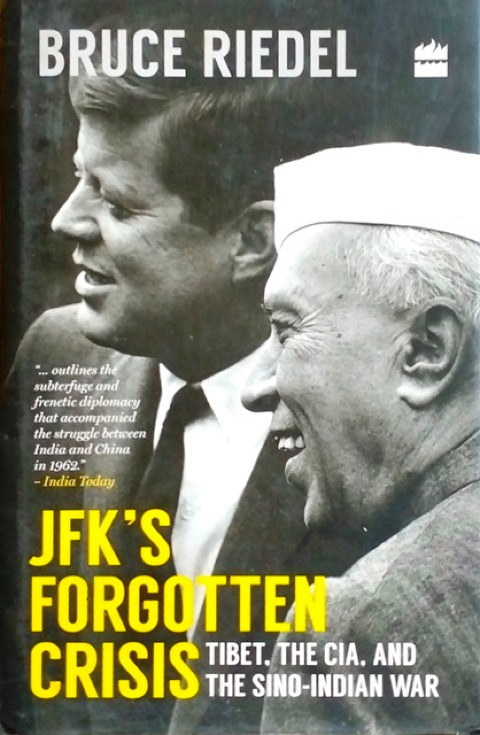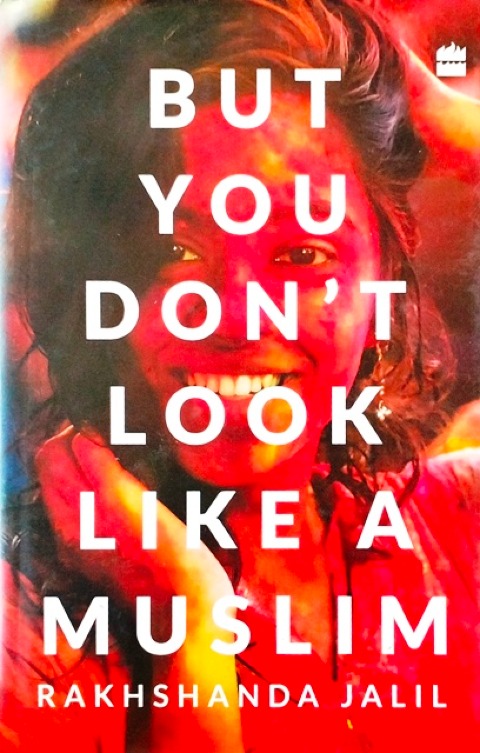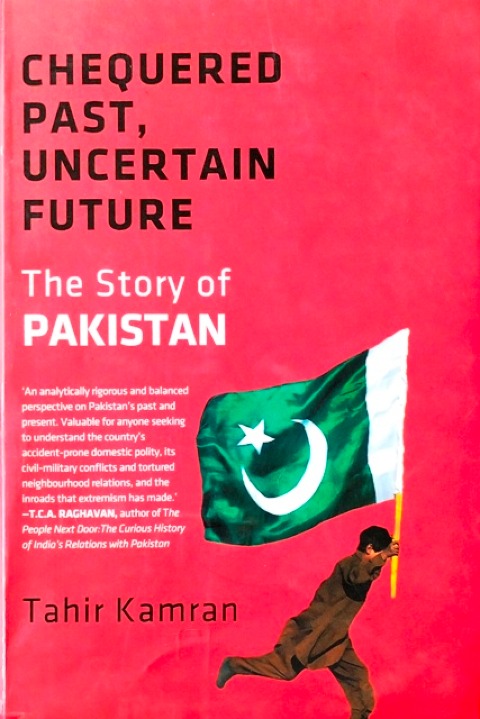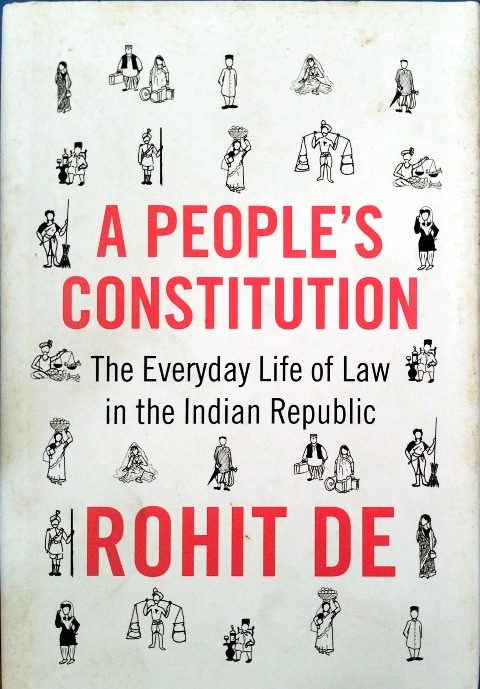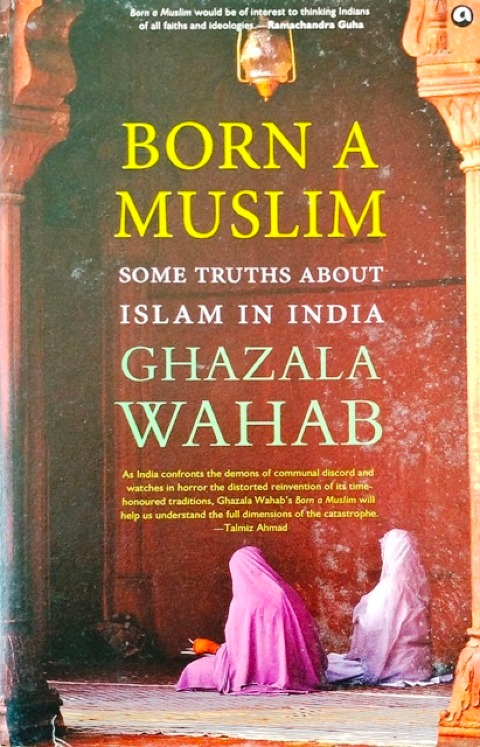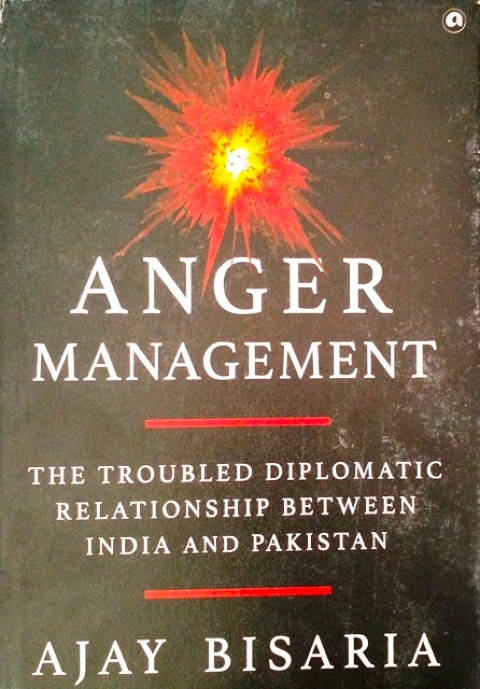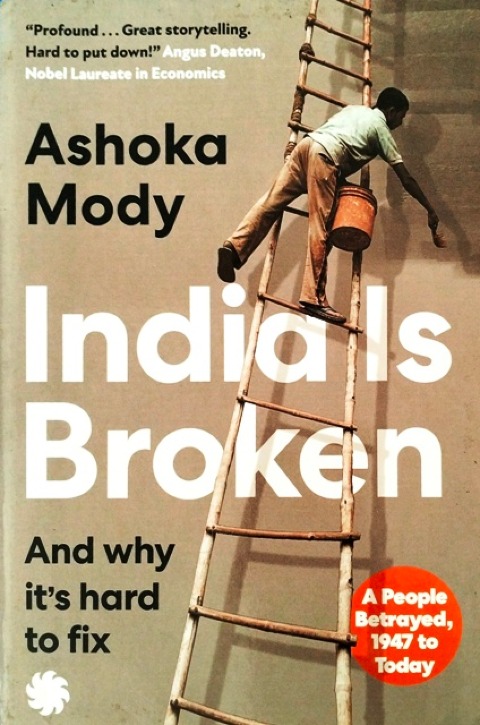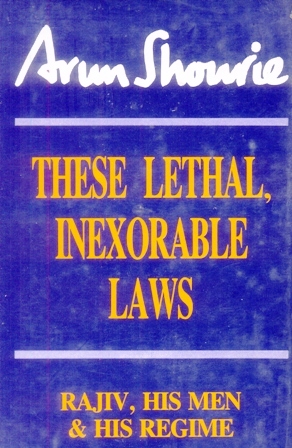An Uncertain Glory : India and its Contradictions
When India became independent in 1947 after two centuries of colonial subjugation, it immediately adopted a firmly democratic political system, with multiple parties, freedom of speech and extensive political rights. The famines that had been so common in the colonial era disappeared, and steady economic growth replaced the almost complete stagnation characteristic of the long rule of the Raj. The growth of the Indian economy, which has quickened over the last three decades, became the second fastest in the world. Despite a recent dip, it is still one of the highest among nations. Maintaining rapid as well as environmentally sustainable growth is an important and achieveable goal for India. In AN UNCERTAIN GLORY, two of India's leading economists argue that the country's main problems lie elsewhere, particularly in the lack of attention paid to the essential needs of the people, especially the poor. The deep inequalities in Indian society tend to constrict public discussion in India's vibrant media to the lives and concerns of the relatively affluent.One of the biggest failures has been the very inadequate use of the public resources generated by economic growth to expand India's lagging physical and social infrastructure (in sharp contrast, for example, to what China has done): there is a continued inadequacy both of social services such as schooling, medical care and immunization, and of physical services such as the provision of safe water, electricity, drainage and sanitation. Even as India has overtaken a large number of other countries in the rate of economic growth, it has, because of these inadequacies, fallen behind many of the same countries - often very poor ones - in the progress of quality of life. Because of the importance of democracy in India, addressing these failures will require not only significant policy rethinking by the government, but also a better public understanding of the abysmal extent of social and economic deprivations. The deep inequalities in Indian society tend to constrict public discussion in India's vibrant media to the lives and concerns of the relatively affluent. Dreze and Sen argue that if there is to be more effective democratic practice, there has to be a clearer understanding of the severity of human deprivations in India. This book makes a powerful contribution to that understanding.

